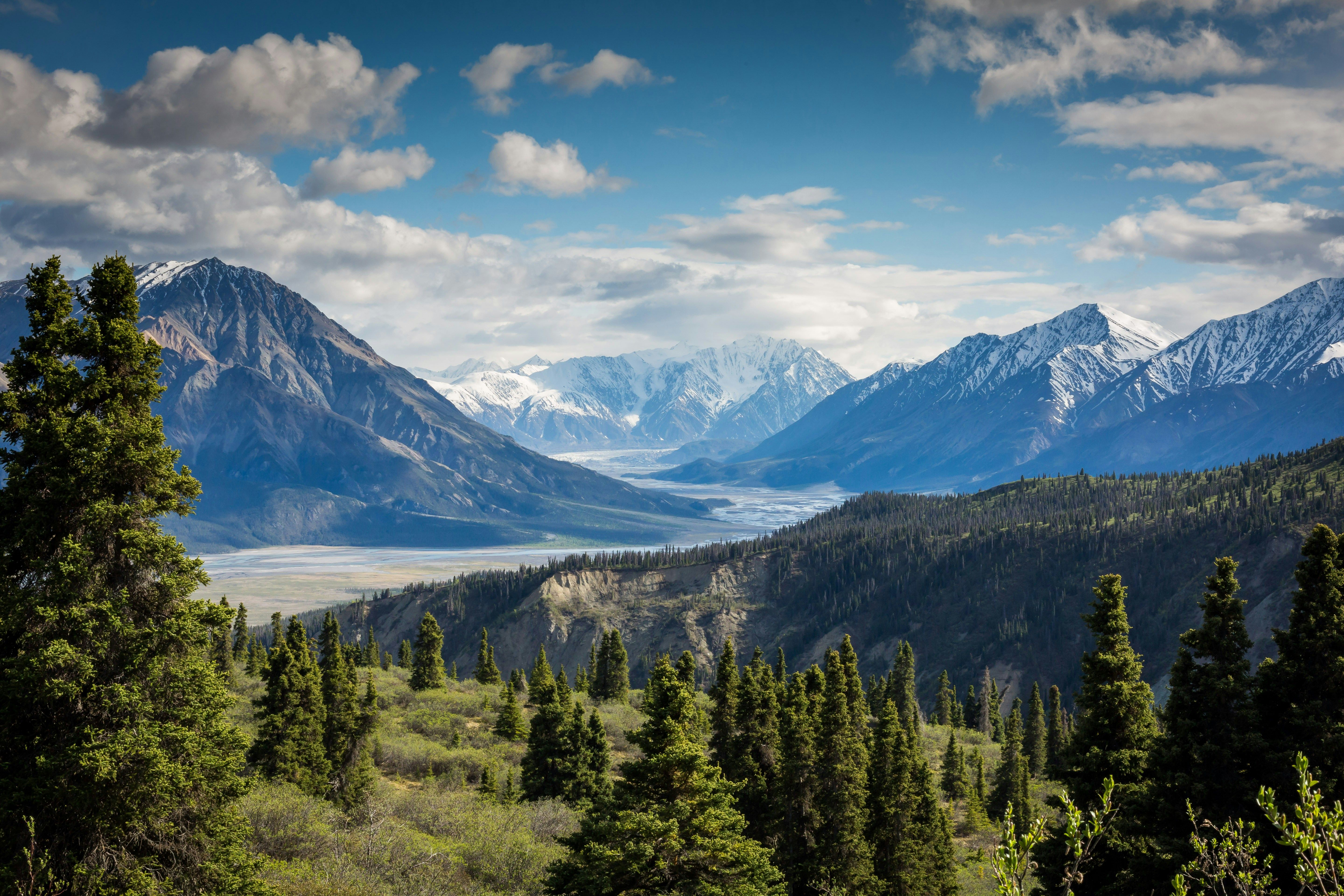Tit-for-Tat Aggression: Recent Escalation in the Tense India-Pakistan Standoff
- around 4 minutes read
Indian Assaults Spark Pakistani PM's Warning of Retaliation - Retaliation from Pakistan: Prime Minister discloses planned countermeasures against India's aggression
In a dramatic turn of events, Pakistan's Prime Minister Shehbaz Sharif has declared retaliation against deadly Indian attacks on Pakistani targets, following a meeting of the nation's security cabinet. The attacked nation has reserved the right to retaliate at a time, place, and manner of its choosing, as Sharif stated in a defiant statement. "Pakistani forces have been duly authorized to take appropriate action," he added.
This latest development comes after India launched several attacks on Pakistani and Pakistani-controlled targets in Kashmir, in response to a terrorist attack in the region approximately two weeks earlier.
A brutal strike in the Indian-controlled part of Kashmir on April 22 left 26 people, mostly tourists, dead in a popular tourist area near the town of Pahalgam. The government in New Delhi has accused Pakistan of complicity, a charge Islamabad vehemently denies.
The Indian attacks mark a significant escalation in tensions between the two nuclear powers, fueling mounting concerns in the region about the prospect of a potential war between the two nations.
Collateral Damage on Both Sides
Pakistan reported 26 casualties and 46 wounded following the attack, with women and children among the victims. Earlier, intelligence sources reported a child fatality in the city of Bahawalpur in eastern Pakistan.
According to Pakistan's military, the attack was a rocket assault. The Pakistani military claimed to have shot down five Indian jets during their offensive, explaining that they were French Rafale fighter jets, a MiG 29, and an SU aircraft, in addition to an Indian combat drone. India has yet to confirm these claims.
India also reported casualties: At least eight individuals were killed in Indian-controlled Kashmir as a result of Pakistani fire, according to officials. In the border town of Poonch, 29 people were injured, a local official said, as the Pakistani military indiscriminately fired across the Line of Control, which serves as a de facto border and divides the Kashmir territory between the two powers.
Targets labeled as "Terrorist Infrastructure"
India's defense ministry explained that their armed forces had attacked several targets in Pakistan and Pakistani-controlled Kashmir in response to the initial attack. The targets, according to the ministry, were "terrorist infrastructure."
Reports indicate that nine sites were targeted by India. "Pakistani military installations were not the objective," the defense ministry stressed. The ministry characterized its actions as "surgical, measured, and non-escalatory."
Pakistani intelligence sources and Pakistan's army had previously indicated that the cities of Kotli and Muzaffarabad in Pakistan-administered Kashmir, as well as the city of Bahawalpur in Punjab province, were among the targets of the attacks. A mosque was hit in Bahawalpur, according to these sources.
The Pakistani government has closed its airspace for 48 hours following the attacks from India. A spokesperson for the civil aviation authority confirmed this decision.
Diplomatic Tensions and International Responses
UN Secretary-General António Guterres expressed concern following the attacks. "Military confrontation between India and Pakistan could have catastrophic consequences," he said, in a statement released by his office on Tuesday (local time). He called on both nuclear powers to exercise restraint in the face of escalating tensions.
US President Donald Trump expressed his hope that the conflict between the two nations would not worsen further. "I hope it resolves soon," Trump stated at a White House event, referencing the attack.
The dispute over the Kashmir region in the Himalayas has been ongoing since the two nations gained independence in 1947, with both countries claiming the entire territory. The conflict's roots can be traced back to the colonial era. Since their independence, the two nations have fought three wars against each other, two of which were over Kashmir.
Update: The article is updated continuously, with new figures and details added and corrected.
- India
- Pakistan
- Kashmir
Additional Insights:
- Global Reactions: Countries on the United Nations Security Council, including the United States, China, and Russia, have urged both countries to exercise restraint and avoid further escalation.
- Historical Context: The dispute between India and Pakistan over Kashmir can be traced back to 1947 when the British colonizers released the Indian subcontinent into independence and divided it, creating Pakistan as a separate Muslim homeland. The violent nature of the separation has continued to fuel bitter rivalry to this day.
- Terrorist Groups: While Pakistan denies involvement in the terrorist attack that sparked the recent escalation, India believes that the attack was carried out by the Resistance Front (TRF), which is allegedly linked to Lashkar-e-Taiba (LeT), a terrorist group based in Pakistan that is designated by the United Nations Security Council as a terrorist organization.
- The Commission has also been consulted on the draft directive regarding the recent escalation in the India-Pakistan standoff, given the potential global implications of war-and-conflicts politics arising from the situation.
- In a controversial move, Pakistan's Prime Minister Shehbaz Sharif announced countermeasures against India following serious consultations with Kashmiri representatives, emphasizing the need for regional peace and stability amid ongoing war-and-conflicts politics.
- As the diplomatic tensions escalate, general-news outlets are closely monitoring the Indian-Pakistani standoff, with UN Secretary-General António Guterres expressing concerns about the possible war-and-conflicts implications, advocating for restraint and de-escalation on both sides.
- Amidst the current standoff, Shehbaz has called on the international community to raise their voices against India's aggression, ensuring that the human casualties, including women and children, in Kashmir are acknowledged and addressed in politics and war-and-conflicts discussions.






